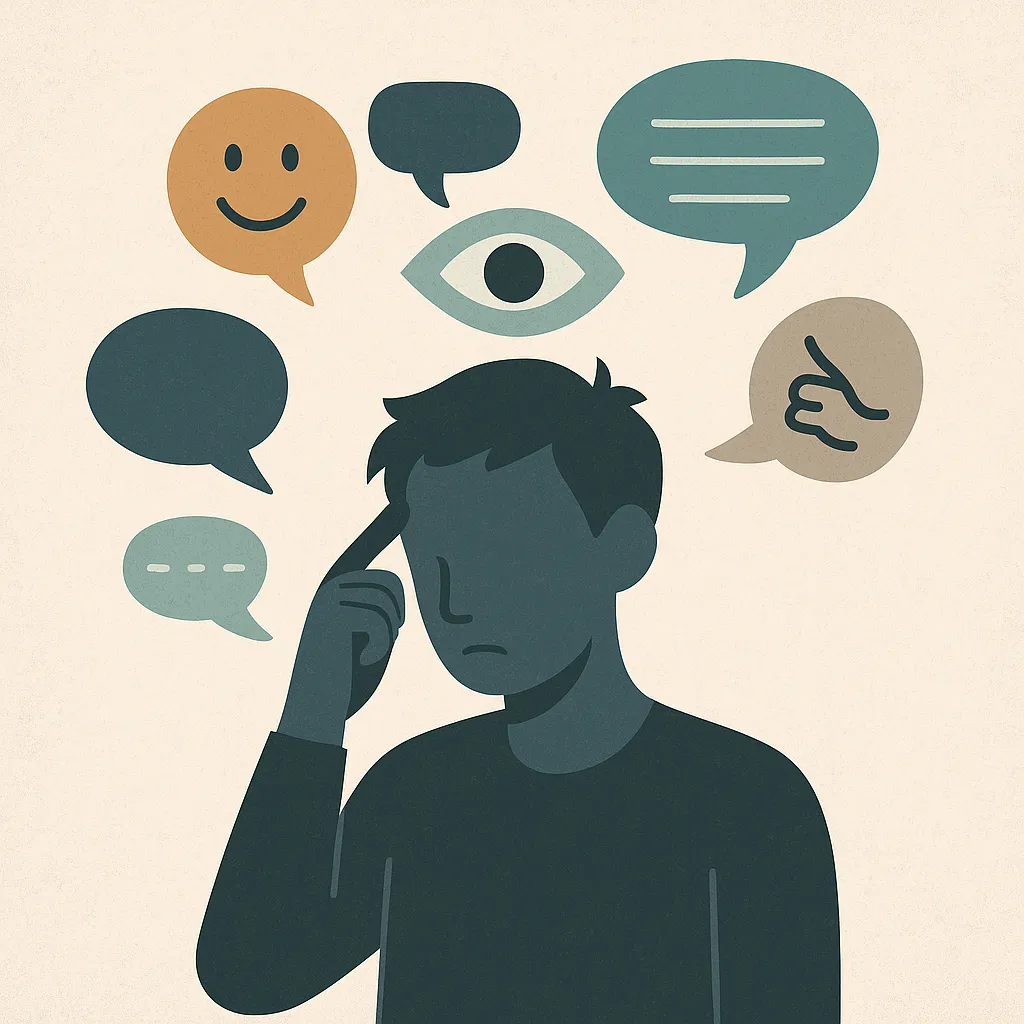Not Broken. Just Done Interpreting You.
 A new study led by Drexel University, in collaboration with University of Portsmouth and Rowan University, and published in PLOS ONE finally gets something right: autistic communication isn’t deficient — it’s overloaded.
A new study led by Drexel University, in collaboration with University of Portsmouth and Rowan University, and published in PLOS ONE finally gets something right: autistic communication isn’t deficient — it’s overloaded.
Autistic researchers Holly Radford and Steven K. Kapp, alongside colleagues Ashley de Marchena and Bronte Reidinger, analyzed hundreds of first-person accounts from autistic adults and uncovered a familiar truth: nonverbal communication in neurotypical spaces isn’t intuitive. It’s a second language — one most of us were never taught but for which we are constantly punished for not speaking fluently.
What emerges from the study isn’t a deficit. It’s a cognitive double shift: managing gestures, tone, eye contact and the actual content of our words while reading someone else’s expressions in real time. That’s not a quirk. That’s labor.
Some participants try to pass. Some use scripts. Some lean into honesty over decoding. But all describe the cost of navigating a world where unspoken rules are treated as morality — and breaking them is framed as brokenness.
The best part? This wasn’t speculation. It was lived experience, centered. Autistic people weren’t study subjects. We were the source — and in this case, we were the researchers, too.
This is the kind of research we need more of: collaborative, critical, clear-eyed. Research that doesn’t search for the cause of our difference but documents what we’ve known all along:
"There is just too much going on."
Read the full study here: tab:https://journals.plos.org/plosone/article?id=10.1371/journal.pone.0325465
Hat tip to Medical Xpress for surfacing it: tab:https://medicalxpress.com/news/2025-07-autistic-adults-overwhelmed-social-cues.html